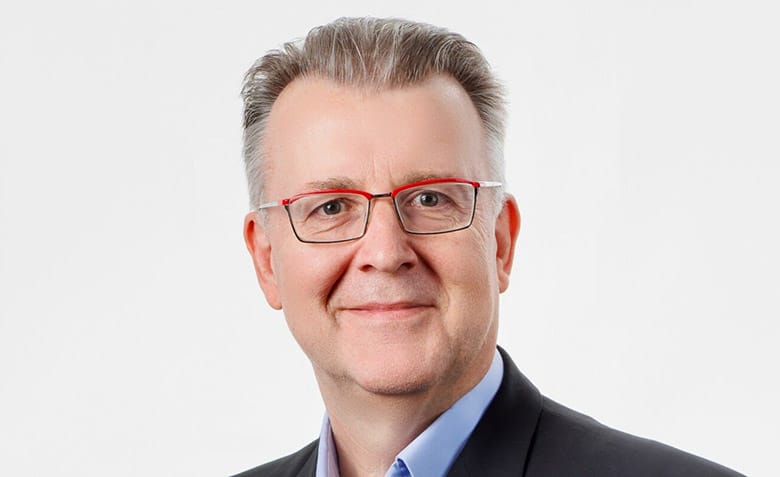
ESR’s Cosmosquare data centre project in Osaka (Image: ESR)
ESR posted a net loss of $209 million for the first half of 2024, swinging from a $313.9 million profit a year earlier, but the Hong Kong-listed warehouse builder and fund manager spotlighted its rapidly expanding data centre platform as a key propellant of the group’s next growth phase.
The half-year loss was driven by non-cash asset revaluations and a lack of promote fees during the period, reflecting market conditions, ESR said Wednesday in a release. Six-month revenue fell 31.4 percent year-on-year to $312.5 million, mainly due to a 37 percent drop in management fees to $253.7 million.
Despite the challenging environment, the Warburg Pincus-backed group boosted total assets under management to $154 billion, up 4.4 percent from a year earlier. Fee-related AUM rose 2.7 percent to $80 billion.
ESR made strides in streamlining and simplifying the business, such as the full integration of Aussie developer Logos, positioning the group to begin delivering results as the market turns more positive, said co-founders and co-CEOs Stuart Gibson and Jeffrey Shen.
“Our fund management business continues to perform, underscoring the consistent quality and appeal of our assets for investors, the region’s largest development workbook, and our best-in-class localised teams,” they said.
Turbocharged Demand
ESR is focused on 575 megawatts of committed data centre sites in key markets of Asia Pacific, with projects totalling 375MW set to be under construction by the end of 2024 and the first Japan facility scheduled to enter service by May 2025.

Diarmid Massey, chief executive for data centres at ESR
Data centres represented 34 percent of ESR’s development starts in the first half of 2024, according to Diarmid Massey, CEO of ESR’s data centre business. The group’s two-gigawatt APAC pipeline includes 18 AI-ready projects across Japan, Australia, India, Malaysia and elsewhere.
“AI is turbocharging the demand for high-quality data centres in APAC,” Massey told Mingtiandi on Wednesday. “Similar to the rise of e-commerce that reshaped the logistics sector a decade ago, AI is set to transform the data centre industry. The region has a long growth runway ahead as it is set to make up nearly 30 percent of the global data centre capacity expansion.”
To minimise environmental impact, ESR seeks to achieve 100 percent renewable electricity use at all its data centre assets by 2040 after reaching an interim target of 75 percent by 2030, Massey said.
Getting Leaner
As part of its asset-light strategy, ESR aims to complete nearly half of a targeted $750 million in divestments of non-core assets by year-end. The group exited its investment in Singapore-listed ARA US Hospitality Trust and the REIT’s manager last month, and the sale of the ARA private funds business is expected to close soon.
Also in July, ESR acquired the remaining interest in Logos held by the Sydney-based developer’s founders, completing the buyout six months ahead of a scheduled target date.
“The successful early integration with Logos creates a highly scalable platform which not only allows us to unlock additional revenue and cost synergies, but also positions ESR in the strongest position to capitalise on the next phase of growth,” said deputy CEO Phil Pearce.

Leave a Reply